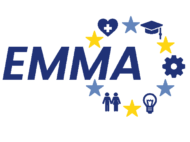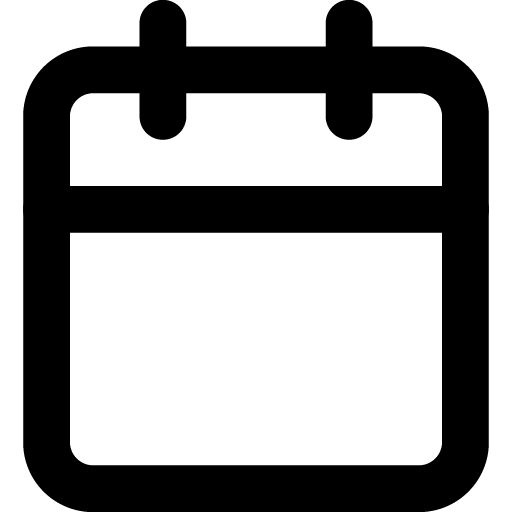Today – and even more in the future – we need new professionals from different disciplines to promote active ageing and age-friendly society. Erasmus + EMMA project is developing a new master program to offer the possibility of learning together both from different disciplines and different European countries and cultures. EMMA partner universities from Austria, Finland, Greece, Ireland, Portugal and Slovenia bring together their expertise and enthusiasm for these important goals.
If a master program were a house we want to build, curriculum framework would be its cornerstone. Everything we build lays on it, and the higher we want the building to get, the more solid a cornerstone we need to set up. After that we can continue with planning core and elective modules and online pedagogical solutions. In this blog I describe the development process of the EMMA curriculum framework.

In the curriculum framework we describe the aims and learning outcomes of the program, define the assessment frame and pedagogical approach as well as the academic structure of the program. There are also several concrete decisions to be made, e.g. about the duration of the program, admission criteria and others.
The universities collaborating in the EMMA network started the developing of common curriculum framework with fundamental work: we produced information both about national and university level requirements and recommendations for master programs. Nevertheless, all partner countries are committed to the regulations of European Union, where there are different specifications and interpretations of general guidelines for education. It is important to recognize those differences but even more crucial to identify the common baseline on which to build something new together. This applies also to the national qualifications frameworks: each of them is based on European Qualifications Framework (EQF), supplemented with national characterization.
In addition to building the foundation for a common curriculum framework, the gathering and analyzing of information about national and university level requirements, recommendations and qualifications frameworks served as a familiarization with each other’s educational approaches. It is rewarding to recognize both shared European Union framework for master programs and national applications of it.
In order to plan a good quality curriculum framework, solid pedagogical rationalization is required. How do we achieve this among universities operating in different contexts and disciplines? We approached this challenge by collecting descriptions of current best pedagogical practices in all partner universities. The rationale was that by reviewing practical pedagogical solutions we could capture pedagogical orientations and also share experiences of innovative conducts of teaching. We succeeded in gathering very interesting descriptions of pedagogical practices. These included students developing/delivering the following:
- Hackathons
- Global Case Studies
- Podcast Series
- Online student presentations
- Module design
Students also learned through several innovative practices, including Summer Schools, Project Based Learning and Situated Learning. Another innovation was online group supervision of master thesis commissioned by working life partners.
Even though rather diverse, the best practices reflect a shared passion for developing student-centered and creative ways of facilitating learning. We will publish a more detailed summary of the pedagogical practices in the near future.

Based on the above explorations and syntheses, we have proceeded to define the aims and learning outcomes of the EMMA master program. This is in the very heart of curriculum development: What are we striving for, what kind of knowledge, skills and professionalism do we expect the future professionals to have? At the same time this is the most challenging part of the work: it is difficult to foresee future developments and needs for qualifications e.g. in 40 years. The longer perspective we have, the more we need to focus on sustainable and core aims and learning outcomes.
The aims and learning outcomes of EMMA master program will be published during the project implementation by 2023. As a sample, the first aim of the program can already be presented:
To strengthen interdisciplinary and future-oriented knowledge, skills and attitudes to promote active ageing and age-friendly society across the whole of Europe.
With this aim, we take on the challenge to develop a program with interdisciplinary orientation and content which we believe will be the best way to promote active ageing and age-friendly society.
Author details:
Tuula Kukkonen, PhD, Principal lecturer
Karelia University of Applied Sciences, Finland.


